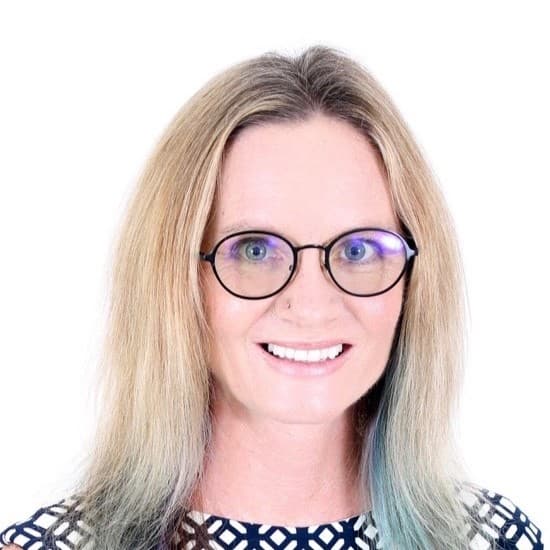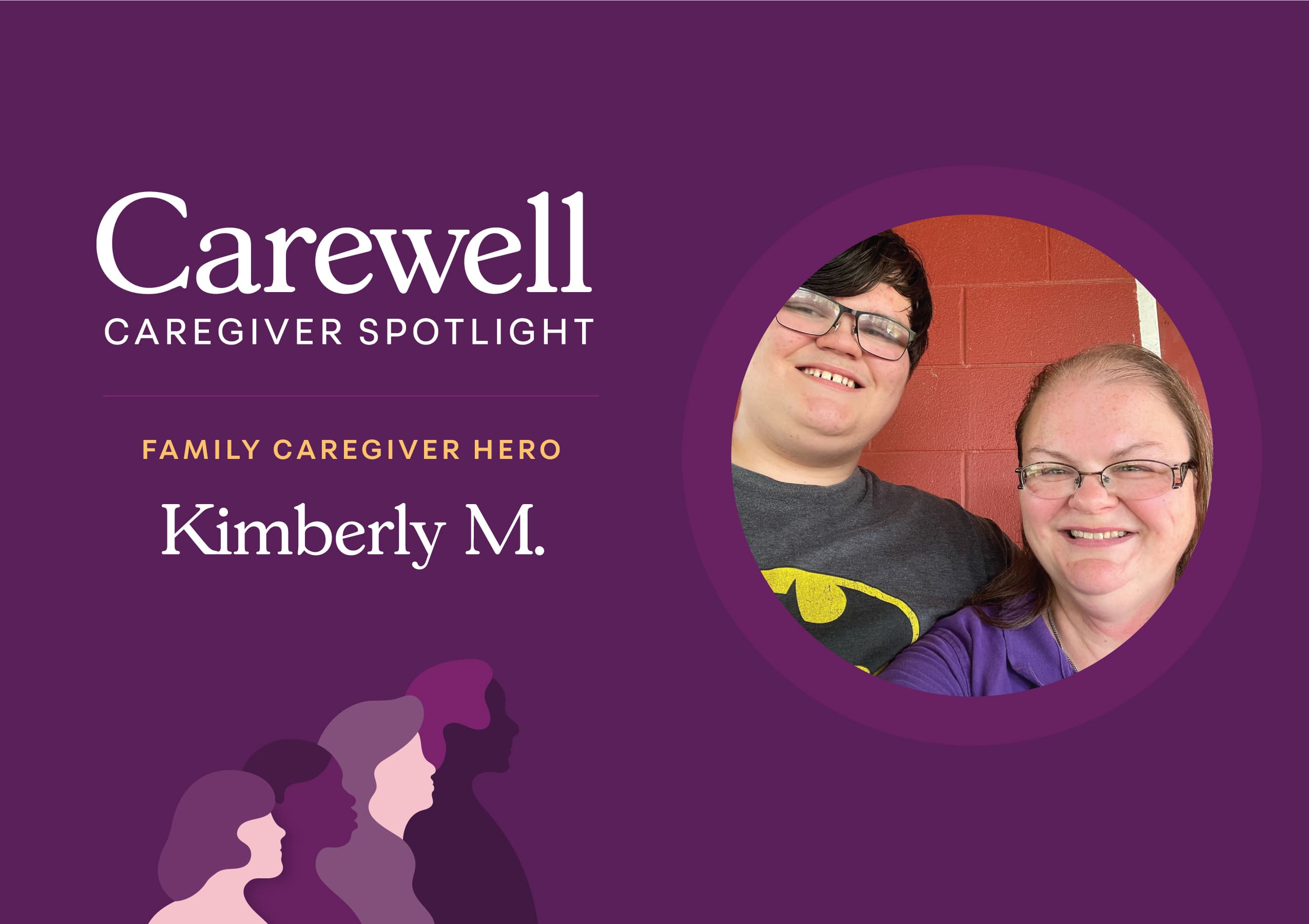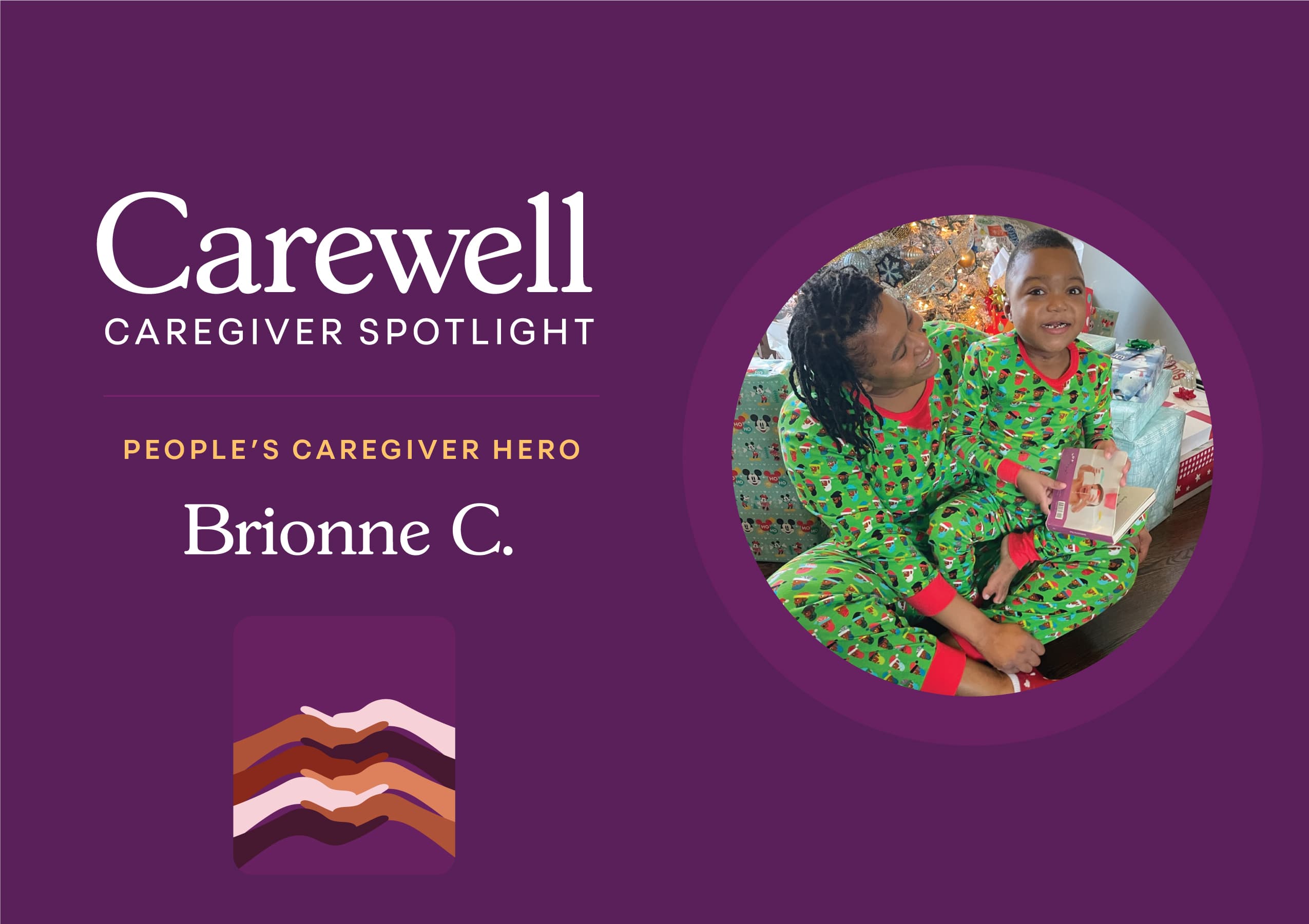Life as a Caregiver | Theresa Wilbanks Story

Written by Theresa Wilbanks on Mon Aug 23 2021.

The Caregiver River
My caregiving journey started like many. I did not know that I was a caregiver. I was simply a dutiful daughter doing what I had seen my parents do for their parents. Looking back, well before my husband and I moved back from France to be closer to Dad, I was wading into caregiving, sticking a toe into the waters to check the temperature.
From a hotel lobby in Liberec, Czech Republic, Dad shared that a friend had been on his laptop, had his password, and was trying to get him a better deal on health insurance. I called Dad’s friend and set clear boundaries with clear consequences around who may have access to Dad’s computer and who was authorized to get involved in his medical decisions.
I didn’t realize that I was advocating and functioning in the role of long-distance caregiver. I was only casually familiar with the concept of boundary-setting. In my mind, I was just a protective daughter who was ready to jump on the next flight to Tampa if this person did not get out of Dad’s business.
From Wading to Drowning
By the time I connected with the term “caregiver,” I was drowning and burned out. What started as running errands and helping with finances turned into a full-time, plus overtime, all-consuming job with no pay, no job description, no authority, and no appreciation.
My services were both welcomed by Dad, yet rejected as unnecessary because he believed that he was getting by just fine on his own. By the time I realized that my role had a title and my responsibilities defined, I was too overwhelmed to manage my job with the level-headedness I had previously possessed in my career. I rode stress and worry waves of varying intensity throughout the days and nights. My path was not sustainable.
We had been in France for seven years on an open-ended contract. Our return to the U.S. was sparked by a fire in Dad’s condo, started when a tray of candles burned through the tray, then his dresser as he napped. He initially downplayed the fire as a minor incident but revealed more details over time. It was clear that we should be closer than an ocean away.
Soon after we moved back, Dad had a stroke. In addition, it was evident to everyone but him that he should no longer drive. Then, his identity was stolen—twice. We were confident and grateful that our timing was appropriate.
Looking back, I remember helping here and there, and it felt good to be of service. Next, I remember when every waking thought was a worry. I don’t remember moving from one state of being to the next. The shift was gradual and likely started soon after the stroke and subsequent confrontations over the keys to the car. The loving, respectful relationship that Dad and I enjoyed began to crumble under this new caregiver/care receiver dynamic that neither of us wanted.
The Caregiver River
I came to see that the caregiving journey was like being in a raft on a river. There were calm sections, rapids and swift water that knocked me off my feet, waterfalls that I didn’t see coming, and obstacles that blocked forward momentum and caused traumatizing frustration. I was frequently tossed out of the raft and underwater. At times, I was out of the raft, scarcely holding on as we bounced from rock to log, at the mercy of the wild current. As I began to manage the experience with more confidence and agility, the river didn’t change, but how I navigated the river changed.
When the overwhelm first set in, I could not understand why helping was so hard. None of the tasks or responsibilities were difficult on their own. Yet, feelings of anger, resentment, and guilt swirled like a whirlpool that pulled me under, undermining my confidence, compassion, and core values.
As Dad resisted, I insisted. It felt like we were in combat. The conflicts wore down my resilience. I was angry that I was angry. I wanted to navigate this river and steer this raft rather than be tossed around at the mercy of the next clash, resistance, or broken system. Dad and I argued over driving, medication management, ladders, the stove, skydiving, his knee surgery at 95, and blueberries.
While I learned lessons from each of the skirmishes, the blueberry battle was a turning point. It was amazing what havoc a resealable bag of blueberries could wreak; I was ready to die on Blueberry Hill. Stepping off the battlefield, I understood more clearly when winning was losing, and I permanently put down the battle armor. I focused on big picture objectives such as maintaining relationships, helping dad process his history, creating a peaceful environment, and getting to win, win. By releasing control, I gained control and began navigating.
Navigating
I set about dissecting the emotional challenges and studied tactics to counter each one. These tactics became strategies that I subjected to trial and error. The strategies included establishing routines, setting boundaries, cultivating compassion, forgiving myself and others, accepting the role, accepting help, letting go of expectations, and changing how I viewed obstacles. Through this new lens of acceptance, I discovered when losing was winning. A shift in perspective swung my attitude from frustrated to empowered. When we faced a new obstacle, I viewed it as an opportunity to improve our situation.
“Sometimes the obstacle is in the way, and sometimes the obstacle is the way. Is it stopping us or showing us which way to go?” ~Ryan Holiday.
Appreciating that we grow stronger as we navigate our caregiving journey, I recognized that within each struggle, I had the opportunity to develop skills and perspectives that would help now and beyond caregiving. The challenge was to pace myself, figure out what worked, and then figure it out again as the circumstances changed.
I explored self-care and how it fit into this new reality. Journaling and counseling became my methods of venting. I replaced my non-strategy of wondering and worrying about what was around the next bend with creating an itinerary, planning, and preparing for the future.
A Sustainable Caregiving Foundation
As I continued to learn more about each strategy to manage stress, I combined the strategies. When the strategies began to work together, they began to work.
Because challenges and needs were fluid and changed from day to day, sometimes from hour to hour, strategies and solutions had to be fluid. What worked one day to manage stress or circumstances didn’t always work the next day. As I learned to modify my core set of strategies to fit the current situation, I was able to dial in the adjustments more quickly until the fluid meets solid, sustainable caregiving foundation for well-being. The journey became an adventure, a meaningful pilgrimage, and a rite of passage.
I organized self-care activities, including sleep, nutrition, meditation, and exercise, into routines. I set boundaries to protect the routines. These combined strategies allowed me to focus on my well-being, which replenished my capacity for compassion, which I call compassion reserves.
When I reconnected to compassion, it was like putting on glasses with a new prescription, but instead of seeing things clearly again, I was feeling things clearly again. I found elusive gratitude. Forgiveness freed up my thoughts to focus on love. Meditation and exercise left me feeling refreshed, reenergized, and at peace rather than frazzled and frustrated when I could not calm the negative thoughts.
I found a counselor who was a good fit, and I felt empowered by the sessions rather than suffering from a “vulnerability hangover” (Brené Brown) from the lack of validation. I looked for more ways to accept help and use the added time to focus on my well-being. Walking the path with folks who could share the load literally and figuratively lightened the burden and offered gifts to everyone involved.
Parting
The strategies helped me navigate, but the caregiver river continued to flow, and obstacles and challenges were around each bend. Dad’s increasing anxiety over the progression of his lung disease became all-consuming and began to take over my thoughts as well as his. I worried about him worrying. I realized he needed help, and I needed to learn new skills and set emotional boundaries. I contacted our hospice social worker, and we came up with a plan. We organized a visitor to answer his questions and listen to his concerns. I learned how to engage with Dad to validate his fears and then turn his attention to other topics.
Shortly after, Dad passed suddenly, six weeks after his 99th birthday. An avid painter, he was painting the afternoon before he died. He enjoyed his 3pm gin while we chatted. Our afternoon sessions allowed us to step back into our father-daughter roles, where Dad relayed memories from his days at sea during WWII or his life growing up on a farm.
The morning that he passed, Dad made his bed and made his morning coffee. He watched mass, and then we switched the station to his favorite music, big band. My husband and I knew that Dad was in distress. The nurse came. Dad thought he was just having a bad day. Many months before, when I asked Dad what he would consider a good death, he replied, “Dying in my sleep.” That’s not how it was meant to be, and I will forever be grateful that we had this last morning with Dad and thankful that we were with him when he transitioned.
We are all on a journey to a common destination, end-of-life, and we were helping Dad, who was further along on his journey. This perspective helped me pivot mid-journey to maximize memories and, in the process, minimize stress and regret and create a more meaningful experience for all of us. Now, that was win, win.
Other Articles You May Like

Family Caregiver Hero: A Loving Caregiver To Three Family Members Kimberly M.
Kimberly M. was selected as this year's Family Caregiver Hero for her compassion and tireless pursuit of what's best for her husband, daughter, and son, who all manage complex health conditions.
Read More >
People’s Caregiver Hero: Sacrifice Above Self Brionne C.
The caregiving community voted to award Brionne C. with the People's Caregiver Hero Award for her selfless dedication to her son's progress which began after he was discharged from the hospital and finally able to go home at 19 months old.
Read More >
Theresa is a family caregiving consultant and expert who has been featured on Oprah.com and in the Wall Street Journal. Her company, Sustainable Caregiving, offers a wide variety of resources, advice, newsletters, and so much more. Theresa cared for her father until he passed at the age of 99. During that time, Theresa founded Sustainable Caregiving and currently works with family caregivers to empower them with the skills and strategies required to manage the stressors and challenges of caregiving. You can find caregiving tips, resources, and more at https://www.sustainablecaregiving.com.